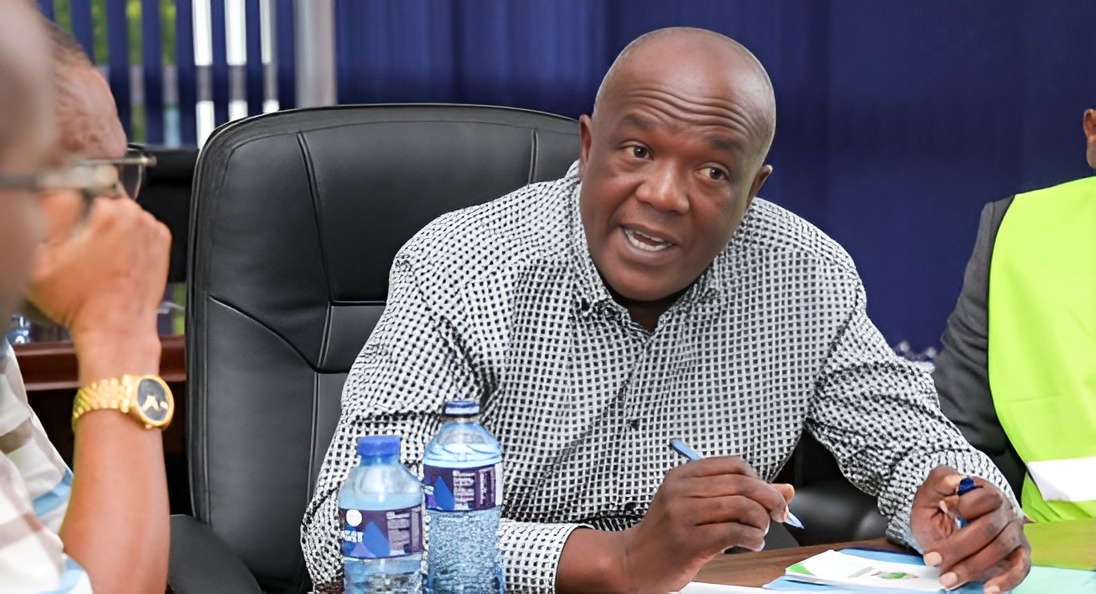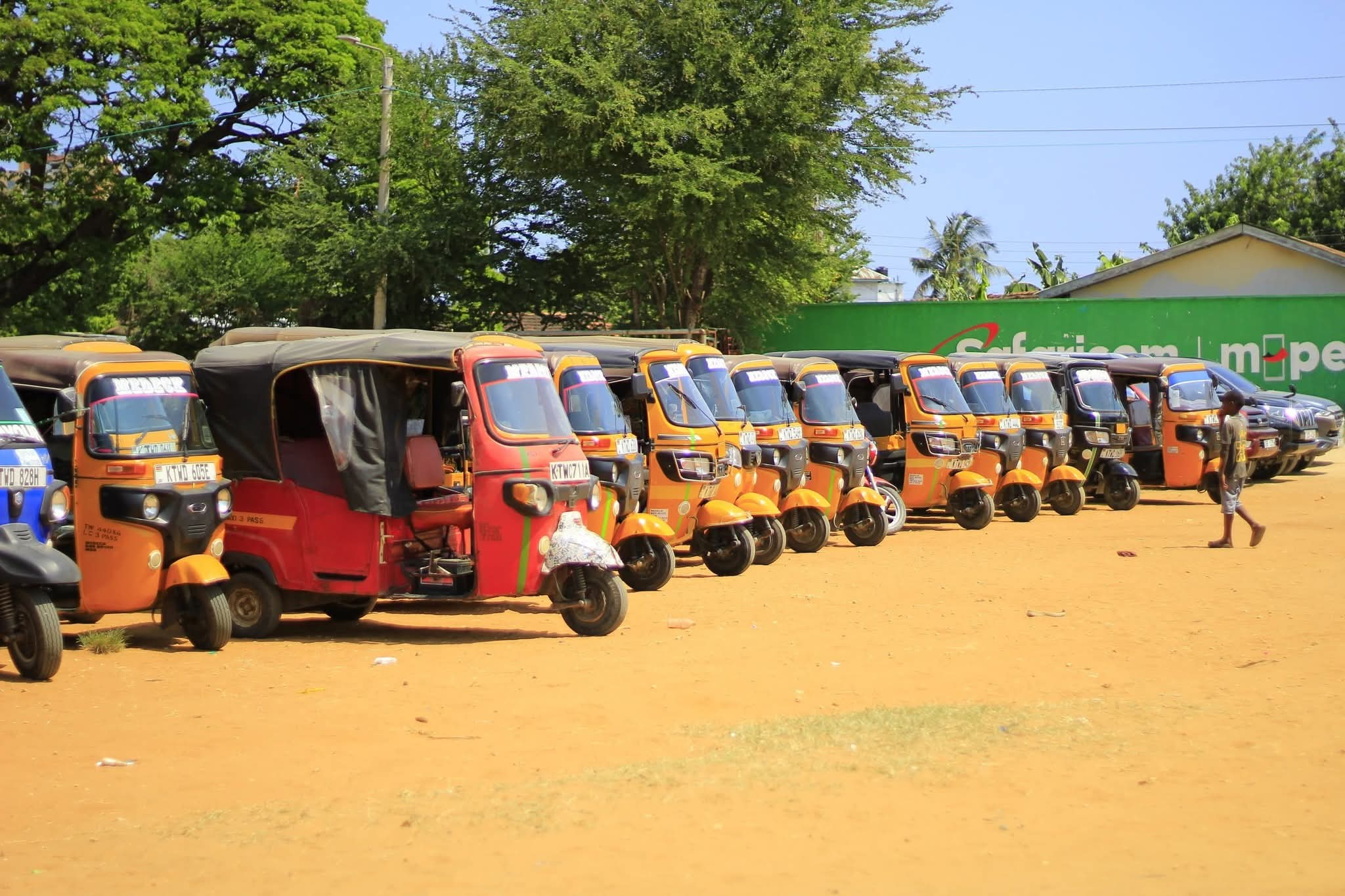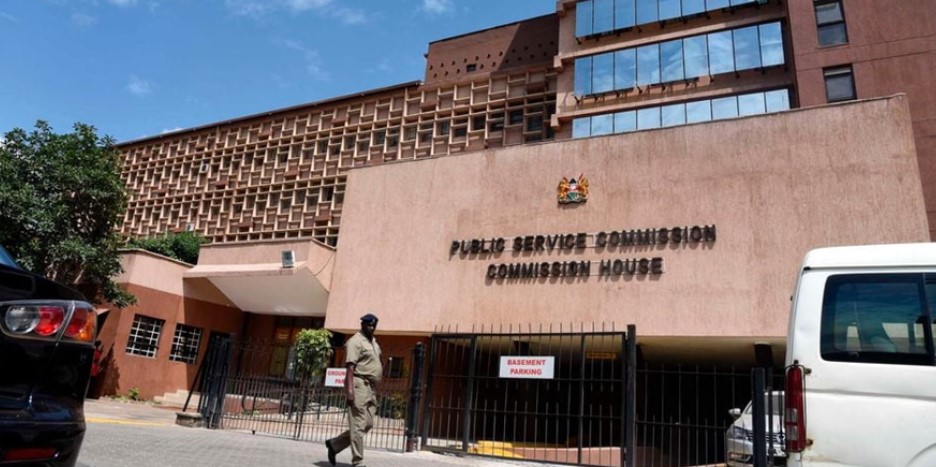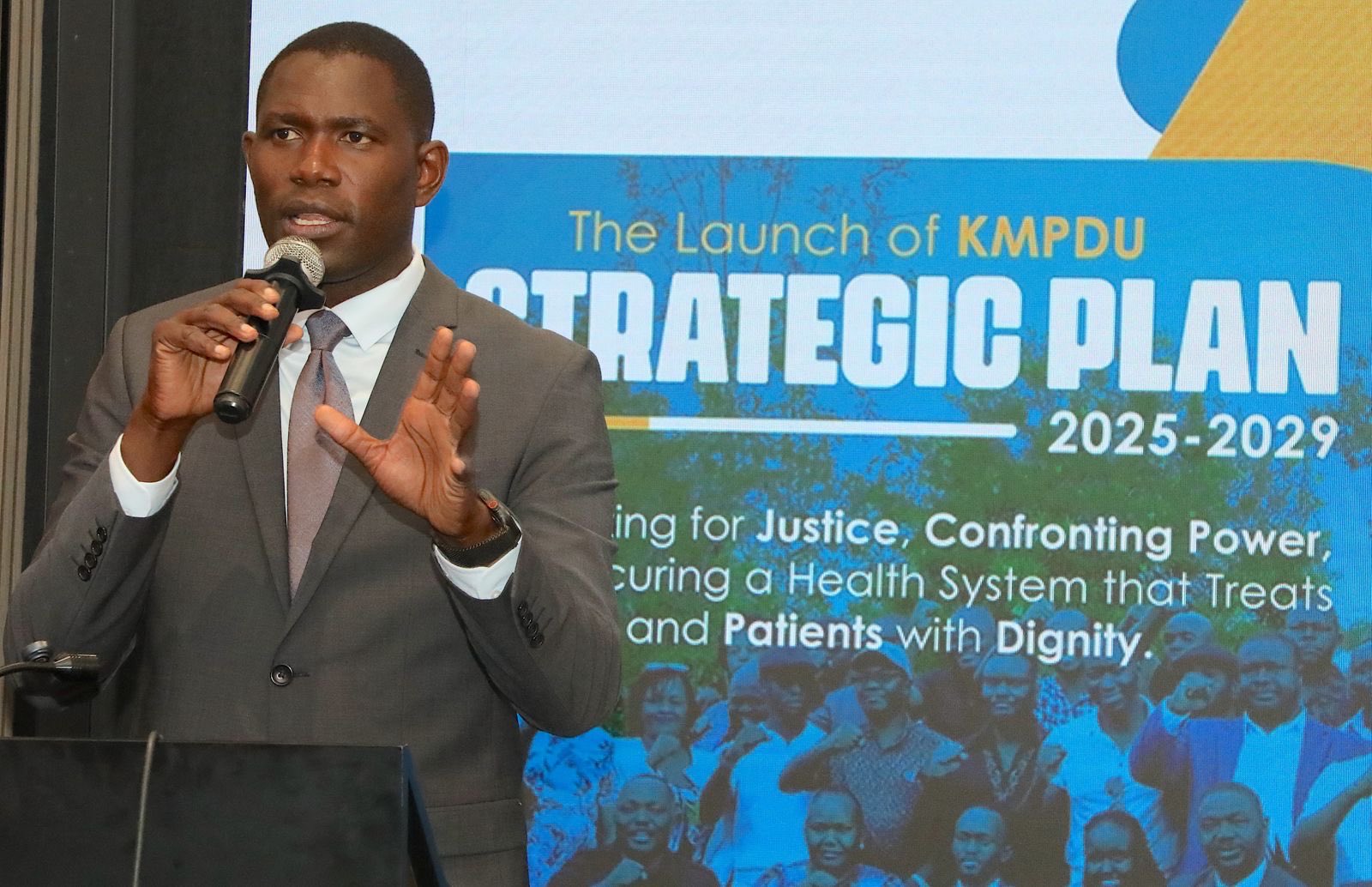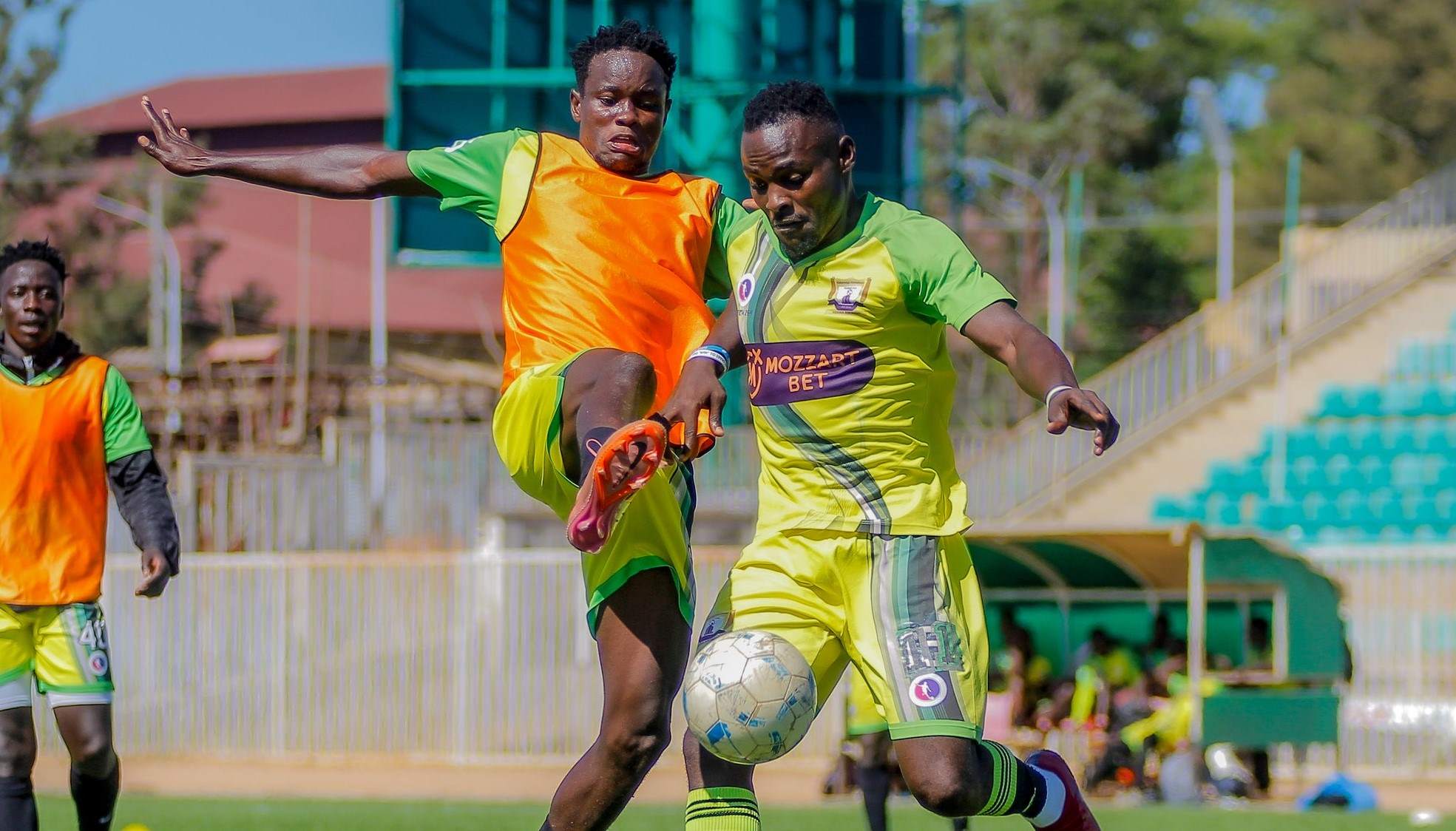Treasury rolls out new plan to expand financial inclusion in Northern Kenya
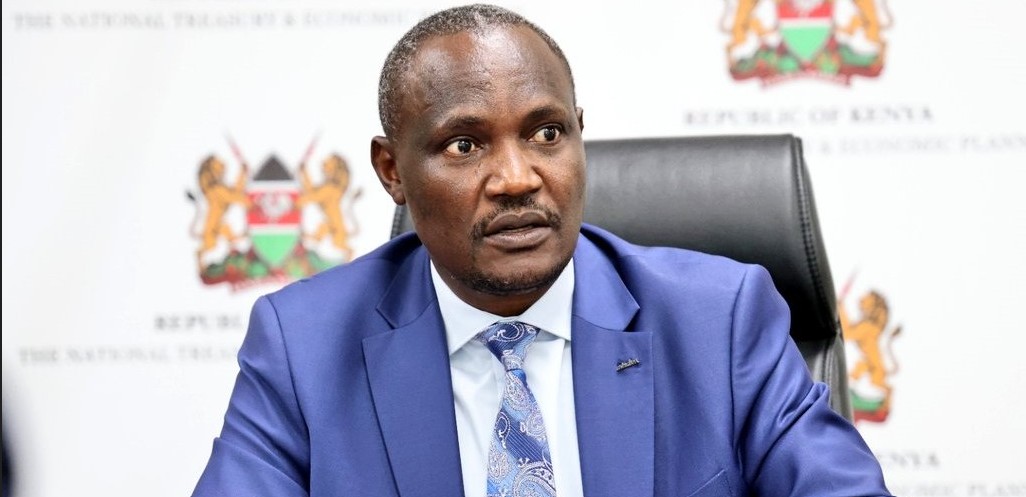
John Mbadi explained that the Central Bank of Kenya (CBK) and the Treasury are jointly driving reforms to ensure that residents of northern Kenya, particularly women, youth, and other vulnerable groups, gain better access to formal financial services.
The National Treasury has announced new measures to enhance financial access in northern Kenya, where steady growth has been recorded over the past three years.
MPs were informed that the number of bank branches in the region rose from 14 in 2021 to 18 in 2024, representing a 28.6 per cent increase as part of the government’s efforts to close the inclusion gap.
More To Read
- Treasury’s plan to abolish six development authorities raises fears over 423 projects, 1,500 jobs
- Kenya Kwanza adds Sh3 trillion to national debt in three years, CBK reveals
- CBK warns of rising debt distress, urges fiscal coordination
- Treasury under fire for using Sh2.67 trillion in domestic loans on recurrent spending
- North Eastern Commissioner urges multi-sectoral cooperation to bolster regional security
- Northern region MPs accuse President Ruto of ignoring region in State of the Nation Address
The update was delivered to the National Assembly’s Finance and National Planning Committee through a statement from Treasury Cabinet Secretary John Mbadi, read on his behalf by Senior Deputy Director Hezbourne Mackobongo.
Mbadi explained that the Central Bank of Kenya (CBK) and the Treasury are jointly driving reforms to ensure that residents of northern Kenya, particularly women, youth, and other vulnerable groups, gain better access to formal financial services.
“Over the years, CBK has embraced policy reforms and innovative models to scale up financial inclusion. Similarly, the widespread use of mobile phone technology has opened new markets for financial services offered in Kenya,” Mackobongo said.
He was responding to Eldas MP, Adan Keynan, who had sought an update on the expansion of financial institutions in northern Kenya.
The Committee, chaired by Kitui Rural MP David Mboni, heard that CBK’s embrace of mobile technology has transformed Kenya’s financial landscape, creating one of the most advanced digital financial systems in Africa.
“Members, from the person-to-person transfer platform in 2007, mobile payment in Kenya has evolved into a complex, dynamic and robust financial ecosystem. Consequently, Kenya's formal financial inclusion has grown drastically from 26.7 per cent in 2006 to 84.8 per cent in 2024,” Mackobongo noted.
Mackobongo said mobile financial services remain the key driver of this transformation, growing from zero to more than 82 per cent over the same period.
Treasury data shows the value of mobile money transactions rose from Sh3.8 billion in 2007 to Sh753.5 billion in 2024, underscoring how digital innovation has brought more Kenyans into the financial system, including those in Northern counties.
Steady financial growth in the north
According to Treasury figures, the region now hosts 14.7 per cent of Kenya’s 26 licensed money remittance providers (MRPs), with five of the 34 agents operating there. The North Eastern region also has one registered forex bureau, further showing progress in financial diversification.
Mbadi assured the Committee that the government remains committed to creating a supportive environment for businesses and financial institutions to thrive.
The CS said CBK, in collaboration with public and private sector stakeholders, is finalising the National Financial Inclusion Strategy (NFIS 2025–2028) to coordinate national efforts and accelerate inclusion in underserved areas.
“The CBK, in collaboration with public and private sector stakeholders, is in the process of developing a National Financial Inclusion Strategy (NFIS 2025–2028),” Mbadi’s statement read.
The strategy aims to harmonise ongoing initiatives, promote financial literacy, and address barriers that limit access to formal financial services, particularly for women, youth, and persons with disabilities.
He added that all counties, including those in northern Kenya, will benefit from a financial empowerment programme under the NFIS once it is launched.
Mbadi further told MPs that CBK is currently collecting public feedback on the draft NFIS 2025–2028, with the consultation period closing on Thursday, October 9, 2025.
Mbadi was responding to Keynan’s question on how the government is implementing culturally responsive financial literacy programmes for marginalised communities in Northern Kenya to promote inclusion and economic participation.
Top Stories Today
